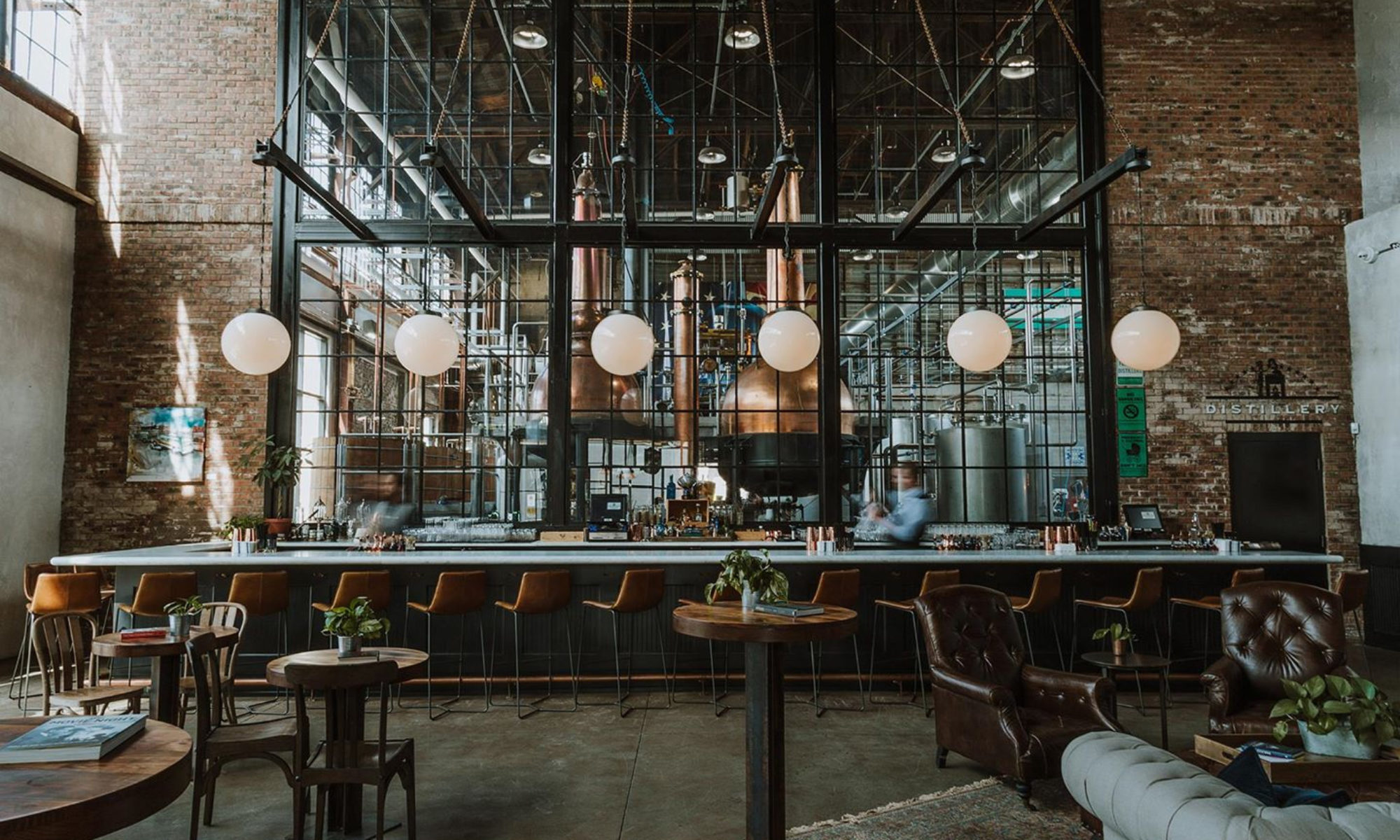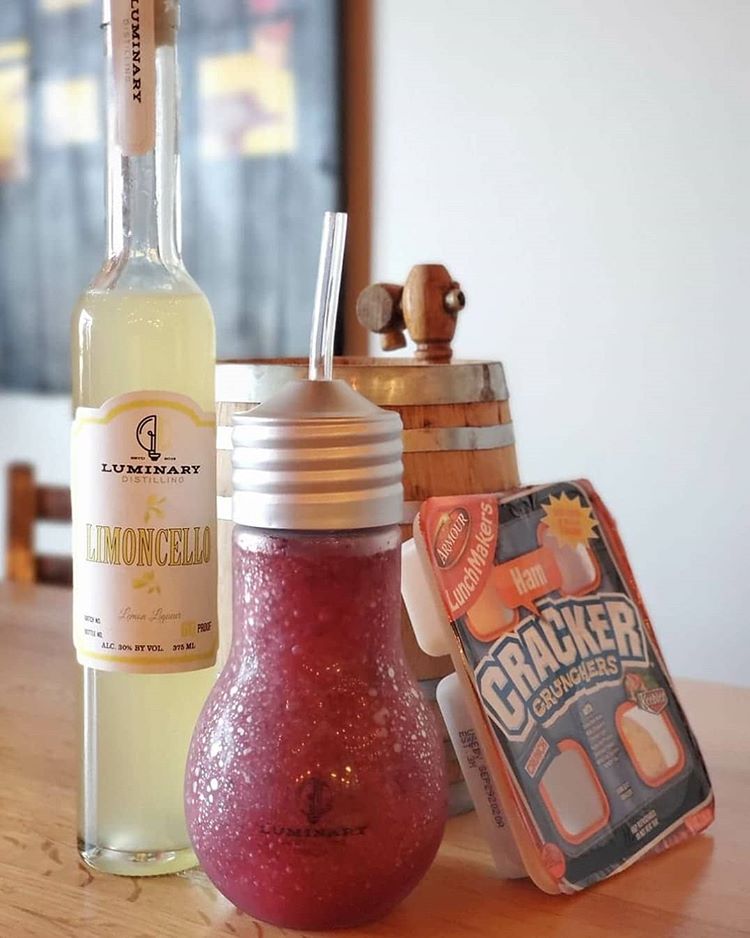Pennsylvania breweries, wineries and distilleries had to have had their fingers crossed that the Governor’s recent targeted mitigation order really did only apply to bars and restaurants as the order added several new restrictions, requiring that among other things a meal be served with any alcoholic beverage transaction.
Despite many alcohol producers in the state not normally serving food and having just invested in new purchases to take their businesses outdoors or to make their interiors safer, they have not been spared the statewide measures that went into effect on Thursday, July 16th.
The biggest effects of the Targeted Mitigation Order from Governor Wolf is that indoor capacity has been further reduced to 25%, no seating at bars and most importantly, “prohibition from conducting operations unless the facility offers sit-down, dine-in meals or is serving take-out sales of alcoholic beverages.”
This sparked rapid debate on what constituted a meal and further if this rule would extend to producers that normally are not required to offer food.
The Pennsylvania Department of Health has just published an extensive Frequently Asked Questions list that addresses those questions.
Among the highlights:
- What is a meal? “food prepared on the premises, sufficient to constitute breakfast, lunch or dinner; it shall not mean a snack, such as pretzels, popcorn, chips or similar food.”
- Can beer, wine, or cocktails to-go be consumed at outdoor dining establishments? No. Beer, wine and cocktails purchase “to go” must not be consumed on-premises.
- Does the order apply to non-Restaurant licensees? The Order applies to breweries, distilleries, wineries or any entity which serves alcohol for on-site consumption.
- Can a distillery offer a tasting? Tastings may occur If accompanied by a meal.
- Can a distillery utilize a food truck to offer meals? Yes. But the distillery must take steps to ensure that its customers have purchased a meal when alcoholic beverages are purchased.
The new rules will have all of Pennsylvania’s bars, restaurants, wineries, breweries and distilleries scrambling to stay in compliance and evaluating if it is even possible or viable to remain open during this time. The governor’s order doesn’t come with an expiration date and will likely remain in place until daily cases return to trending downwards.


